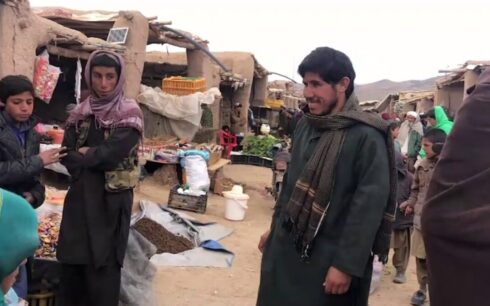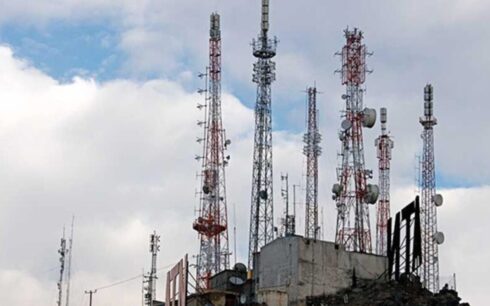KABUL, Afghanistan — The Afghanistan Journalists Center (AFJC) on Friday condemned Taliban’s new order on barring domestic media outlets from airing roundtable discussions, calling it an attempt to suppress “the last remaining critical voices” and enforce “one-voice policy” in the country.
The Taliban’s Ministry of Information and Culture later this week ordered TV stations in Kabul to stop producing and airing political and economic discussions. Under the new rule, media outlets are only permitted to conduct interviews with Taliban spokespersons.
The order was reportedly communicated verbally to several television networks in Kabul, with station managers warned against broadcasting content that could challenge Taliban policies, according to AFJC.
Journalists have told AFJC that the directive extends beyond political reporting and also affects economic coverage, forcing private media outlets to comply with strict limitations.
Executives at several television stations said they were explicitly instructed to seek comments only from government spokespersons if reporting on political or economic affairs, according to AFJC.
The Ministry of Information and Culture said it would finalize implementation guidelines for the ban by Monday.
Since returning to power in August 2021, the Taliban have imposed increasing restrictions on Afghanistan’s media landscape. According to AFJC, at least 23 directives limiting press freedoms have been issued during this period, significantly curbing freedom of expression and journalistic independence.
In September 2023, the ministry issued a written order prohibiting media outlets from inviting unauthorized experts and restricting the broadcast of criticism against government officials.
AFJC expressed deep concern over the escalating restrictions, calling them part of a broader strategy to silence independent media and suppress dissent.
The organization urged the Taliban to revoke the “unlawful directives” and allow Afghan media to operate under the country’s existing media laws, ensuring citizens’ access to information and freedom of expression.





